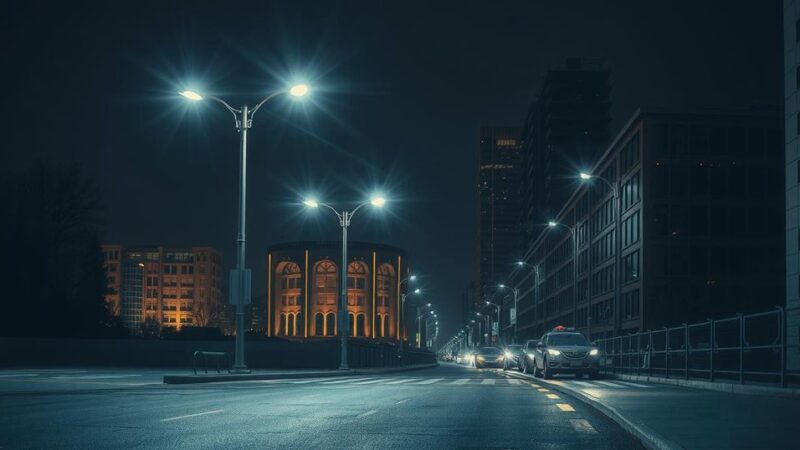The U.S. proposed expanding its African investment initiative to support a peace deal in eastern DRC, involving a railway project. However, Rwanda has reportedly stepped back from these discussions. The instability in the region, driven by Rwandan-backed rebels, complicates efforts for resolution.
The United States has proposed extending its prominent African investment initiative to the troubled eastern region of the Democratic Republic of Congo (DRC) as an incentive to facilitate a peace agreement. However, Rwanda is reportedly retreating from this proposal, according to statements made by Molly Phee, the outgoing assistant secretary of state for African affairs. Phee indicated that the U.S. had suggested enhancing the Lobito railway in order to improve mineral transportation from DRC and Zambia to Angola’s coast.
During an interview prior to her departure, Phee explained that the plan involved developing a railway link from the Lobito Corridor through eastern DRC, conditional on stabilizing the region. She lamented that while a genuine framework for negotiation was proposed, Rwanda seems to have distanced itself from the ongoing discussions. This unrest has been exacerbated by the activities of Rwandan-supported rebels, notably the M23 Movement, which has resulted in significant displacement and a humanitarian crisis in eastern DRC.
Phee highlighted the complex dynamics involving Rwanda, emphasizing President Kagame’s demands for the eradication of the Democratic Forces for the Liberation of Rwanda (FDLR), a group associated with Hutu militants. The allegations against Rwanda pertain to its purported seizure of valuable mines amid ongoing conflict. She noted that while there were initial discussions of cooperation, the DRC government did not act decisively against the FDLR as hoped.
The dialogue to reach a peaceful solution, particularly highlighted during the Luanda summit, encountered setbacks as President Kagame chose to forgo participation, leading to further territorial gains by Rwandan-backed groups. Kagame has criticized recent peace efforts, suggesting they fail to address deeper underlying issues, dismissing them as superficial.
The DRC has struggled with prolonged conflict, particularly in its eastern regions where armed groups operate with impunity. The presence of Rwandan-backed rebels complicates the geopolitical situation, creating tensions between the DRC and Rwanda. The proposed Lobito railway is part of a larger strategy aimed at improving regional connectivity to facilitate economic recovery. The U.S. involvement signifies a renewed diplomatic interest in stabilizing Central Africa, yet challenges remain due to the shifting allegiances and ongoing violence in the region.
In conclusion, the U.S. has sought to promote peace in the DRC through economic incentives but faces challenges due to Rwanda’s withdrawal from negotiations. The humanitarian crisis caused by ongoing conflicts and the influence of rebel groups highlights the urgency of a sustainable solution. The situation demands careful diplomatic engagement to promote stability and development in the region.
Original Source: www.france24.com






